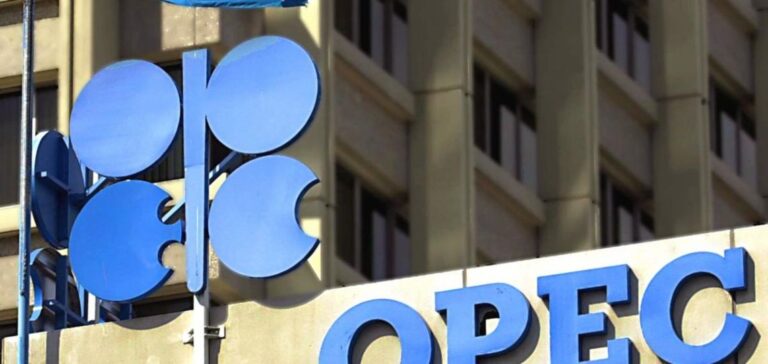The Organization of the Petroleum Exporting Countries (OPEC) and its allies, known as OPEC+, have decided to maintain their schedule for gradually increasing production. Despite pressure from former U.S. President Donald Trump, who publicly urged a slowdown to prevent a rise in oil prices, the alliance has chosen to stay the course.
OPEC+ had committed to increasing production by 400,000 barrels per day each month, a plan initially set to continue until the end of 2022. This decision aims to support the balance between oil supply and demand while avoiding a price surge that could have economic consequences for global consumers.
Impact of OPEC+ policy on global markets
The immediate impact of this policy on oil prices remains uncertain. While some analysts predict that this decision could lead to short-term price increases, others believe it could stabilize oil prices in a sustained economic growth environment. This stability is crucial for oil-producing countries, which rely on oil sales to fund their economies.
Despite calls for a production reduction, particularly from the United States, OPEC+ members seem more focused on long-term market balance rather than short-term political pressures. The global oil price situation is complex, influenced by geopolitical tensions and economic uncertainties.
International reactions to OPEC+ decisions
While the United States has expressed concerns about the continued production increase, other major powers, such as China and India, have shown tacit support for OPEC+’s strategy. The production increase could help meet the growing demand in Asian markets while limiting the impact of price hikes for consumers in these regions.
OPEC+, while reaffirming its commitment to its current policy, will need to closely monitor global economic developments. The alliance’s stance could evolve based on upcoming economic performance, particularly in the United States and China.





















